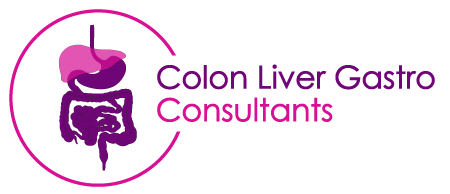As a doctor deeply immersed in the realm of human health, I’ve witnessed firsthand the profound impact of dietary habits on our overall well-being. Fiber, often regarded as a mundane constituent of our diet, emerges as a critical element in maintaining optimal health, particularly in nurturing a flourishing gut microbiome.
Allow me to share from my own experiences in the medical field. Fiber, fundamentally cellulose, constitutes the structural framework of plants, manifesting in various forms within leaves, stems, and roots. Its significance lies not merely in its botanical role but in its profound implications for human health. Dietary fiber, sourced primarily from vegetables and whole grain products, serves as the cornerstone of a balanced diet, fostering a harmonious environment within our gut microbiome.
In my clinical practice, I’ve encountered numerous instances where the absence or inadequacy of dietary fiber precipitates disturbances within the gut microbiome, leading to a myriad of health complications. It’s fascinating to observe how fiber acts as a catalyst for a natural food chain within our bodies, initiating a cascade of microbial interactions crucial for our well-being.
Recent research, such as the groundbreaking study led by Prof. Itzhak Mizrahi and his team, sheds light on the intricate relationship between fiber and gut health. They identified key cellulose-degrading bacteria, notably Ruminococcus, as pivotal players in this symbiotic dance. These bacteria, equipped with specialized enzyme complexes called cellulosomes, orchestrate the breakdown of cellulose into digestible sugars, nourishing an entire community of gut microbes.
However, the narrative takes a sobering turn as we confront the stark reality of modern dietary trends. Industrialized societies, with their predilection for processed foods devoid of fiber, are witnessing a decline in the abundance of crucial cellulose-degrading microbes within the gut microbiome. This evolutionary regression, as highlighted in the study, underscores the profound impact of dietary shifts on our microbial ecology.
Reflecting on these findings, it becomes evident that the solution lies in a simple yet powerful directive: Eat more fiber. As a doctor committed to promoting holistic health, I echo the longstanding recommendations of my colleagues in the medical community. Embracing a diet rich in fiber not only fosters a thriving gut microbiome but also serves as a cornerstone for long-term health and vitality.
In conclusion, my journey as a physician has illuminated the pivotal role of fiber in nurturing our health from within. Let us heed the wisdom of our evolutionary past and prioritize the consumption of fiber-rich foods, thereby forging a path towards a healthier future for ourselves and generations to come.

